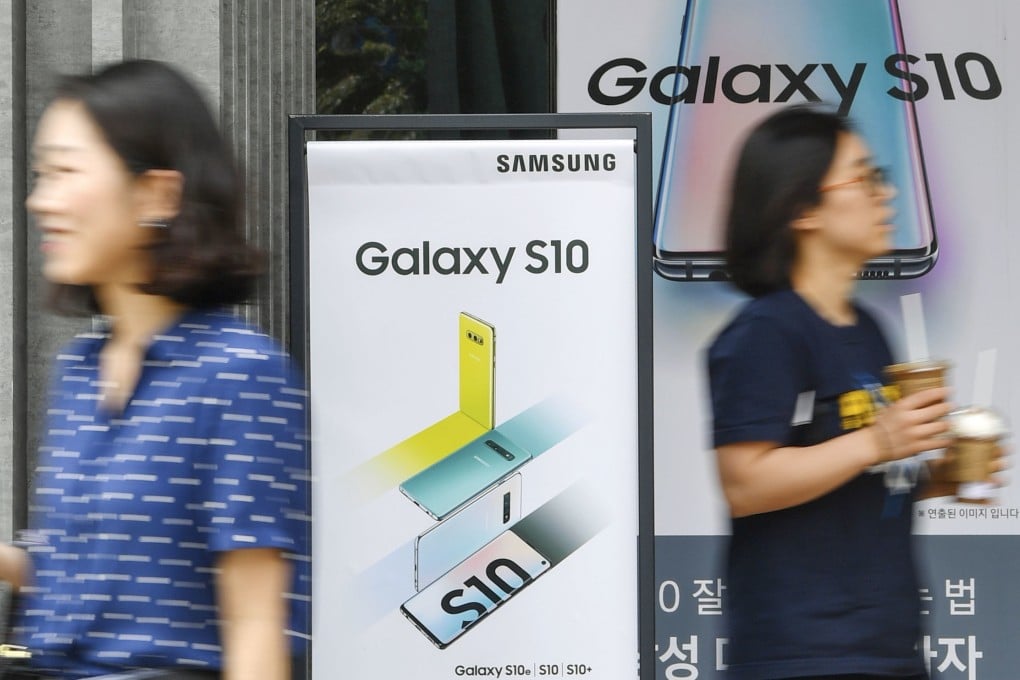South Korea to invest US$857 million to break its dependence on Japanese tech materials in response to Tokyo tightening export rules
- Ties between Japan and South Korea have sunk to their lowest point in years amid deepening rift over wartime forced labour
- Japan’s decision to tighten export rules could hurt chip and display makers such as Samsung, incentivising Seoul to develop materials domestically

The intensive investment in the development of chip materials, parts and equipment could therefore allow South Korea to domestically source components vital to chip-making, easing its dependence on Japan.
Cho Jung-sik, the chief policymaker at the ruling Democratic Party, spoke following a joint meeting of senior officials from the presidential Blue House, the government and the party. He said the South Korean government plans to announce details of the plan by the end of this month.
Whether South Korea’s planned investment remains succeeds in reducing it reliance on Japanese materials remains to be seen. No meaningful progress has been made over the past two years despite South Korea’s efforts to build up its own semiconductor material industry, still relying for half of its need on imports last year, E-Daily said.
“South Korean companies will try to lean more on local suppliers but it will be difficult for local suppliers to catch up with Japanese competitors and replace them in the foreseeable future because of technology gaps,” said Ahn Ki-hyun from the Korea Semiconductor Association.